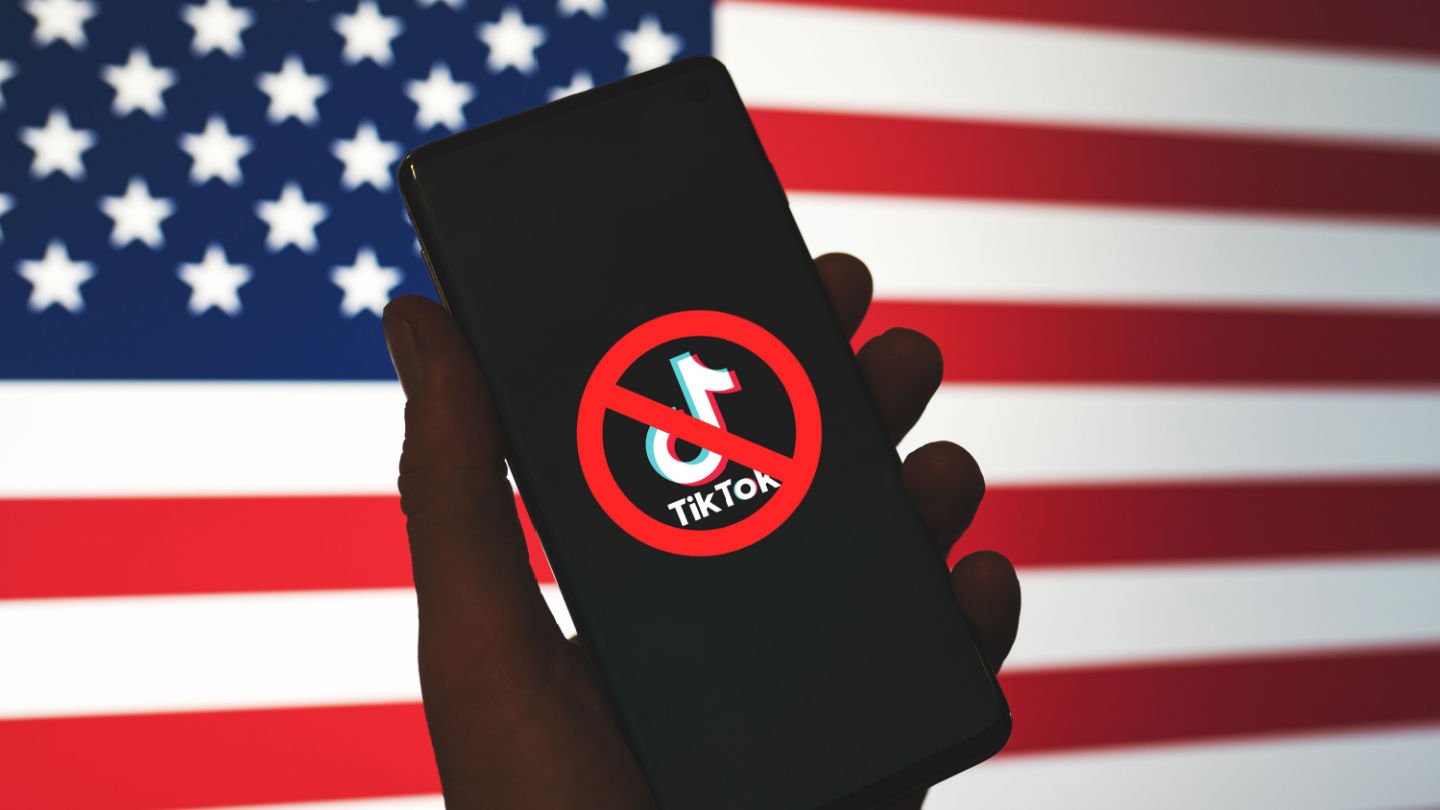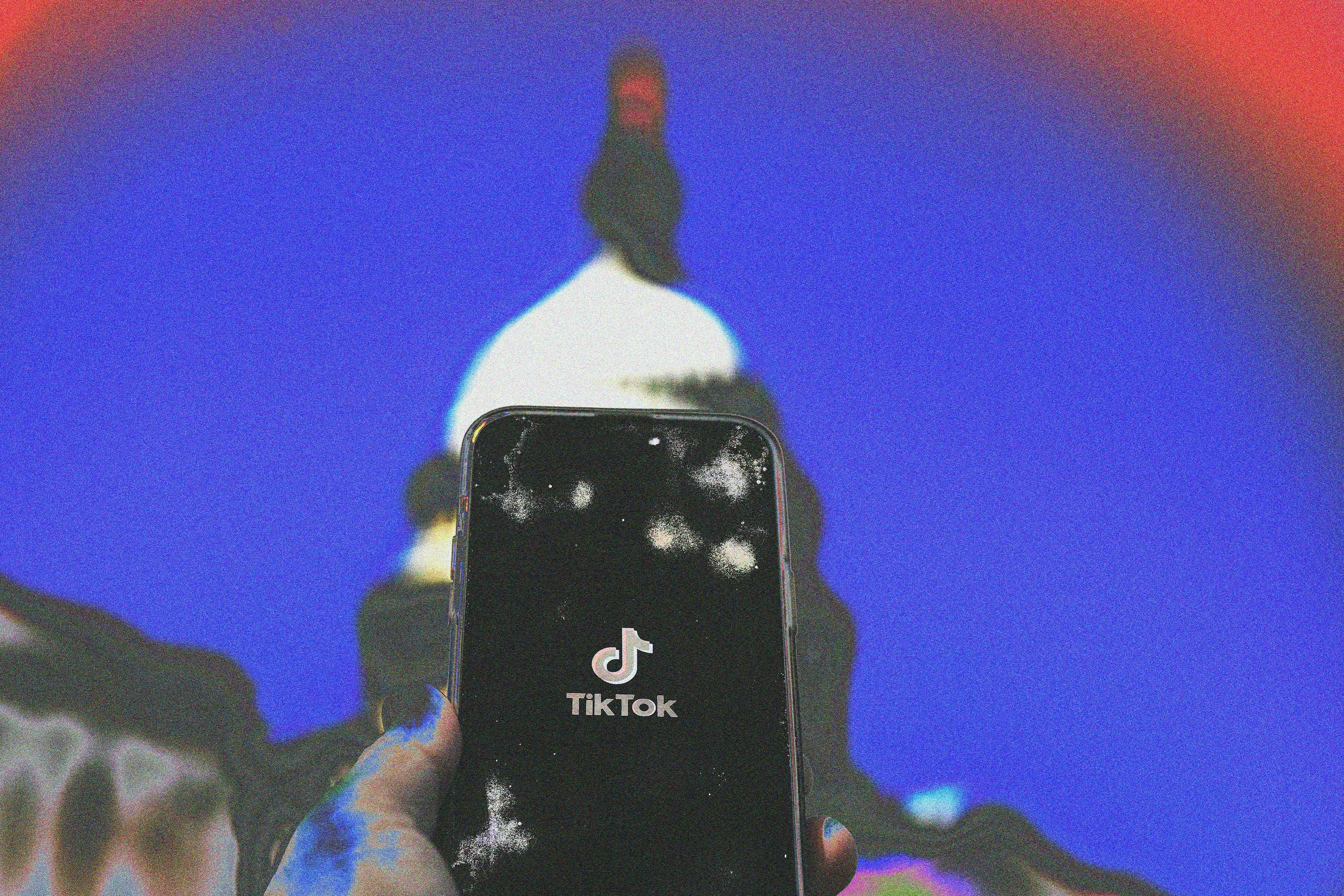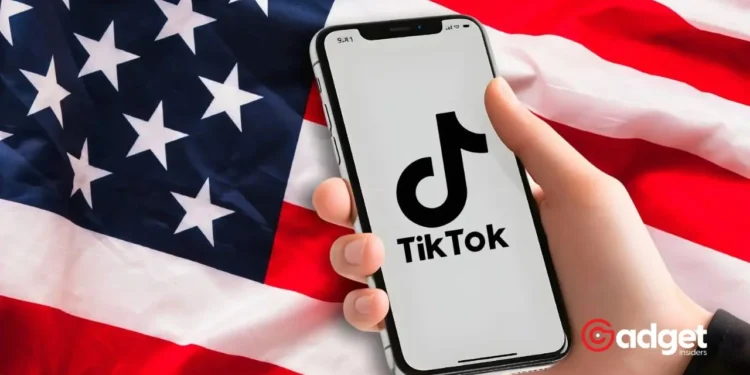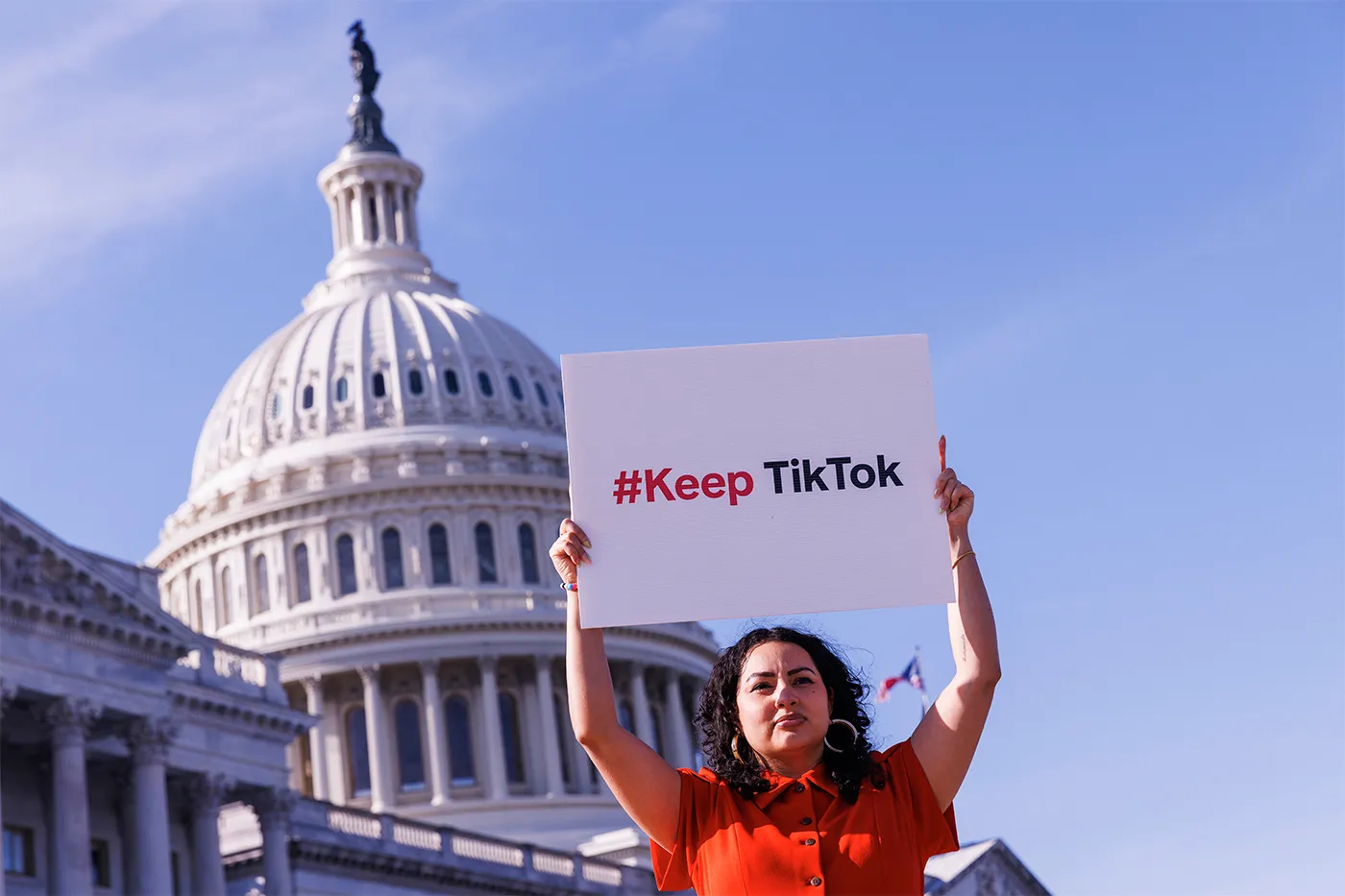In an unfolding drama that pits innovation against regulation, TikTok is gearing up for a monumental legal challenge against the United States government. This clash, rooted deeply in constitutional grounds, revolves around the First Amendment and the right to free speech.
As tensions rise, experts are weighing in on the substantial implications this could have for both the tech giant and digital speech rights in America.

A Constitutional Shield Against Censorship
At the heart of TikTok’s impending lawsuit is the First Amendment of the U.S. Constitution, which protects the freedom of expression—a fundamental element that TikTok leverages as a social media platform.
This isn’t just about allowing users to share viral dances or trending memes; it’s a battle for the right to maintain a platform where individuals can express themselves freely. According to Eric Goldman, a law professor at Santa Clara University, the issue is clear-cut: “Courts have said that a TikTok ban is a First Amendment problem,” he explained to Ars Technica.
Despite previous court rulings favoring this perspective, Congress proceeded with the legislation without adjustments, potentially overlooking constitutional safeguards.
The Judiciary’s Voice in Protecting Digital Speech
The narrative is further supported by past judicial decisions, such as the one from U.S. District Judge Donald Molloy, who previously blocked Montana’s attempt to ban TikTok. Judge Molloy highlighted that such a ban deprives users of their preferred communication medium, thus meriting “First Amendment scrutiny.”
This opinion echoes across various legal landscapes, suggesting a unified judicial approach toward national policies on digital platforms.
Anupam Chander, a legal scholar from Georgetown Law, emphasized the expected consistency across states regarding this matter, hinting at a strong precedence that could influence the national legal framework against such bans.

TikTok’s Firm Stance: No Sale, Only Legal Recourse
The controversy gained momentum earlier this week when the U.S. Senate passed a bill framing TikTok as a foreign entity, compelling it to find a U.S. buyer within 180 days or face a shutdown.
Despite the political pressure, The company’s CEO, Shou Zi Chew, reiterated the company’s intention to challenge the law rather than comply with a forced sale. This defiance underscores the platform’s commitment to its operational independence and its user base in the United States.
Does TikTok have a First Amendment case against the new law?
It has won using that defense before. An executive order by the Trump administration to force ByteDance to sell TikTok or face a ban was found unconstitutional by federal courts on First Amendment grounds. Last… pic.twitter.com/zMVVF5UWB1
— Variety (@Variety) April 24, 2024
What Lies Ahead?
As TikTok prepares to officially file its lawsuit, the digital community and legal experts alike are keenly watching. The outcome of this case could set a significant precedent for how the U.S. navigates the complex terrain of internet governance and free speech in the digital age.
Will the courts uphold TikTok’s First Amendment defense, or will legislative concerns about foreign influence and national security prevail? Only time will tell, but one thing is clear: the implications of this legal battle will reverberate far beyond the confines of TikTok’s video-sharing app.
Looking Ahead
TikTok’s fight against the U.S. ban is more than a corporate dispute; it’s a landmark case in the evolving dialogue between technology and law. As this story unfolds, it will undoubtedly influence future policies and potentially redefine the boundaries of digital expression.
The world is watching as TikTok takes a stand, not just for its business, but for the broader principle of free speech in the digital world.










